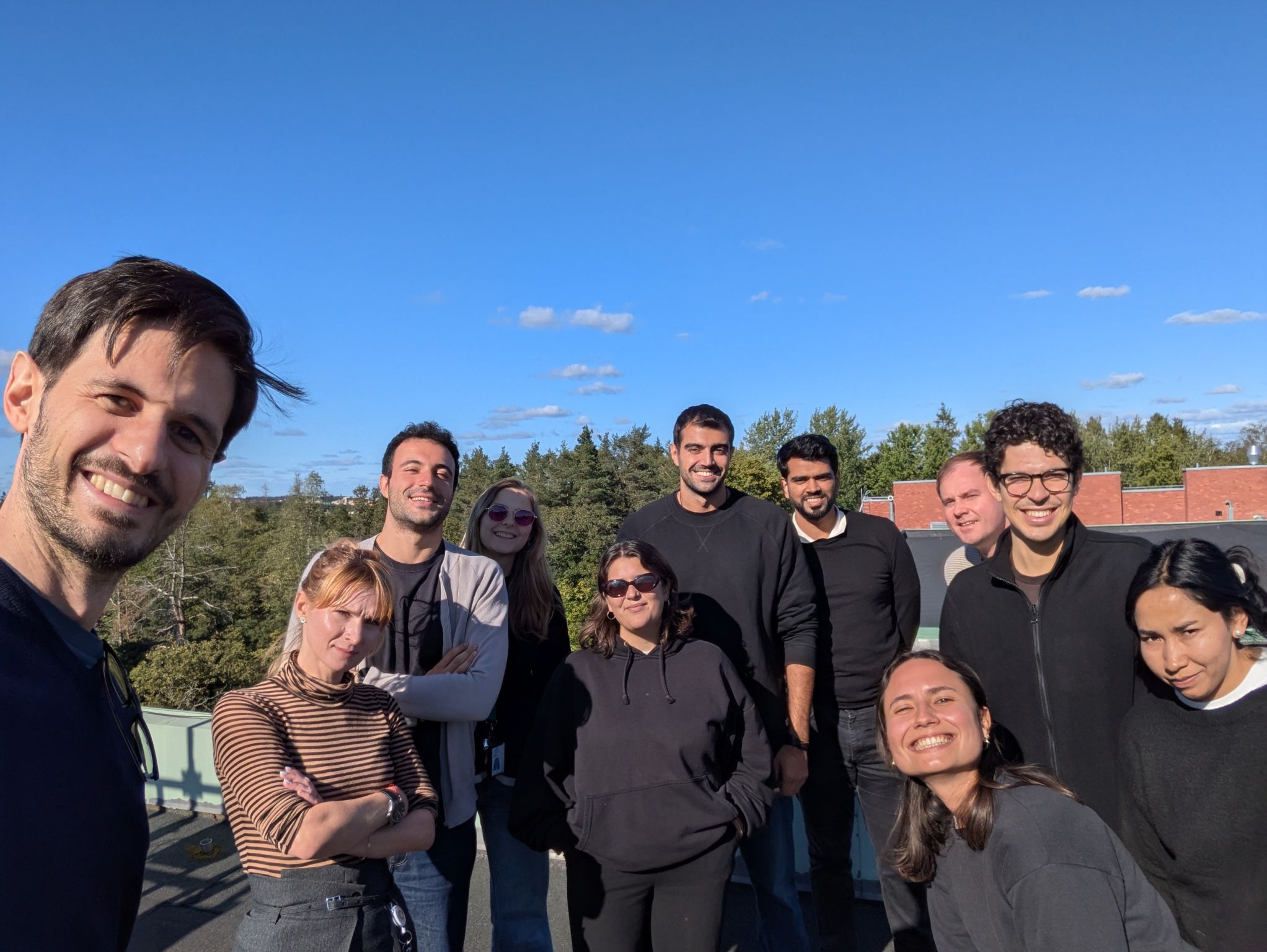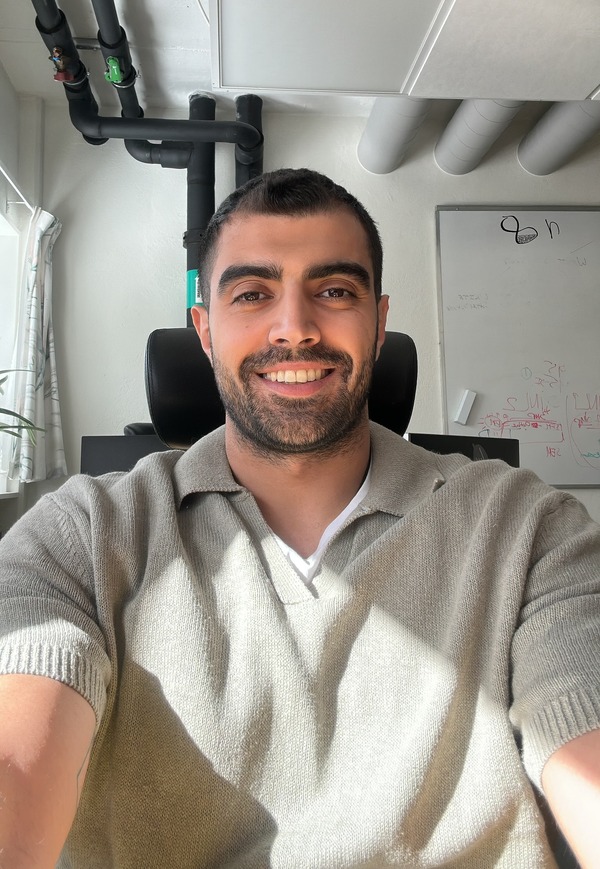From Italian Dolomites to Swedish Archipelago: Interview with Soroush Zarghami

Soroush Zarghami, a PhD student at the University of Trento (UNITN), recently finished a 6-month research visit in the Energy Systems division. In this piece, Maryna Henrysson and Francesco Gardumi talk to Soroush about his time in Stockholm.
Tell us about yourself, where do you study in Italy and why did you want to do a PhD?
I am Soroush, an Iranian guy born and raised in Tehran. My path started with doing my bachelor’s in civil engineering, like many other Iranians. Growing up in a country struggling with water scarcity and droughts throughout its history, I wanted to study in a field most relevant to these issues, and that led me to Water Resources Management for my Master’s.
Meanwhile, during my Master’s, climate change topics became more highlighted, and it caught my attention right from the beginning.
As my Master’s was about to finish, I started looking at different programs focused on climate change, and that was when I found out about my PhD program in Sustainable Development and Climate Change (PhD-SDC).
I became fond of the program instantly. It’s a national PhD sponsored by the University School of Advanced Studies of Pavia (IUSS) in collaboration with many top Italian universities. The program focuses on different aspects of climate change, and I ended up joining Professor Bruno Majone’s team at the University of Trento (UNITN), in the midst of the Italian Dolomites, in December 2022.
Tell us about your PhD and the collaboration you had with your host during your period abroad.
My research is about the impacts of climate change on hydropower generation, focusing on the Italian Alpine region. Using the hydrological model developed by the UNITN team, the model can simulate the historical hydropower generation in the region and also estimate the generation potential of these systems under different climate projections.
While studying many long-term energy plans and scenarios, I noticed that the hydro sector is often assumed to behave consistently. The role of hydrology itself in these scenarios and energy models is often neglected or only barely represented.
Therefore, I decided to soft-link our hydrological model with the Open Source Energy Modelling System (OSeMOSYS) to study the actual role of better representing hydro systems within an energy model across different energy transition pathways in Northern Italy.
Where were you during your period abroad, and how long did you stay there?
The more I delved into my research, the more I realized how much of my work is deeply intertwined with scenarios involving both hydrological and energy-related aspects. Since I was already part of a hydrologists’ team, I decided to join a group of experts in the energy sector for my time abroad.
That was when I reached out to Dr. Francesco Gardumi at KTH Royal Institute of Technology’s Division of Energy Systems (dES) in Sweden, a team of experts led by Prof. Viktoria Martin, working on various topics with a focus on sustainable development. I moved to Stockholm at the beginning of April 2025 for six months to focus more on the energy aspects of my research through close collaboration with the division.

What were your first impressions of the KTH university, your supervisor, and the research team? Did you feel well integrated into the team?
Truly, first impressions always stay with us, and it’s even better when they are positive. My experience was better than I expected. The dES team was extremely welcoming and helpful. All necessary administrative actions were already taken care of by Dr. Gardumi, which was a huge relief since newcomers often struggle with learning the procedures.
Most members of the research team were open to discussing topics and engaging from day one, so we could easily share knowledge. I felt like I had been there forever, just a few days after joining the team. I had close collaboration with Dr. Gardumi’s team, especially with Camilla Lo Giudice, with whom I spent the most time elaborating and sharing ideas. I also had great support from others - Manuel, Maryna, Louise, Shreyas, Dan, Sina, Rutu, Carolina, Emir, and everyone else who made everything easier for me.
Did you face any challenges during your stay? If so, what were they?
As someone mainly focused on hydrology with an environmental engineering background, and only a touch of energy knowledge, joining a team of energy experts and trying to develop a model for my study felt like starting a second PhD within the main one, in just six months!
There were many new terminologies, new points of view, and a learning curve to reach the confidence level needed to implement what I wanted to do for my PhD research. It was not an easy task, but it was rewarding.
What are your plans upon returning to Italy? Do you feel that your time abroad enriched your research project and personal growth?
The first and most obvious step is to finalize the project I started with the KTH team and begin writing my paper, and later on, my thesis, as my PhD is coming to an end. Like any other challenge, my time spent in Sweden taught me many new lessons and definitely added value to my research.
Looking at what I have learned over the past few months, especially the experience I have gained from an energy perspective, I believe I can bring that knowledge back to UNITN. Since there are no energy experts in our team, I can use what I have learned in different topics being studied in our team, which feels like completing a missing part of the puzzle.
You can find out more about Soroush and his research by visiting his profile page .
